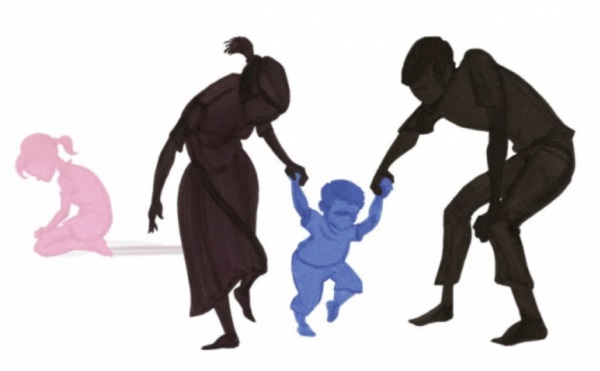
Son’s preference – big question for policymakers
Son’s preference – big question for policymakers
Children are our future. What if daughters don’t get to be a part of that future? In several countries, parents’ wish to have at least one son—son preference—can lower the chances of daughters being born.
There is a short story that a mother asked her son to get married at the earliest as her thoughts centered on nothing but his marriage. Son said I am only 21 and have yet to settle my career. I don’t want to think about marriage right now. However, the mother thought differently. Like many mothers, she said, I want to see the face of my grandson before I take my last breath. Suppose you get a granddaughter instead, he asked. She hesitated for a moment, for that was not a question she had expected. That’s God’s will. We can’t change it, she resorted. Son again said, Well, no words are enough to praise your sacrifice, for keeping me for 9 months in your womb. However, to speak the truth, did you not hanker for a child? And did not enjoy carrying me? The story has some other links later on but my question is only as to why grandson is expected from a newly married couple.
Son preference is centuries old and is driven both by economic and cultural factors. Historically, son preference has manifested itself in several Asian countries as “son-biased fertility-stopping” behavior, wherein parents continue childbearing until they have achieved their desired number of sons. However, since the early 1980s, improvements in medical technology –ultrasound scans – have changed the way parents express their son’s preferences.
Relatives and parents think after getting married having children is the next thing to be done. But they don’t realize that in today’s world a couple needs to take care of so many things and plan so much before having kids. This nagging of parents and relatives makes it awkward for couples without kids. Society needs to understand that first the couple needs to be independent enough to stand on their own two feet, only then they should think of having kids. Having kids without adequate resources only ruins their own lives as well as the kids.
There are different views about getting married. For a girl, most parents expect to marry as soon as possible, because girls are a burden and society likes to mock them if the family has an unmarried girl.
India’s historic reforms granting women equal inheritance rights to ancestral property appear to have had the unintended effect of exacerbating son preference by increasing female feticide, female infant mortality, and fertility.
Frankly speaking, when in all other matters, we say first, ladies and gentlemen but when it comes to expectations, why are we choosy about the son? Think for a moment, about the couples who don’t have children and are ready to expect any gender. I have seen several families having daughters only, even myself having two daughters, are well settled and more caring to their parents. Anyhow, still, there is a big question as to what our policymakers can do to address and tackle son preference. Till then, let it be a natural delivery.





